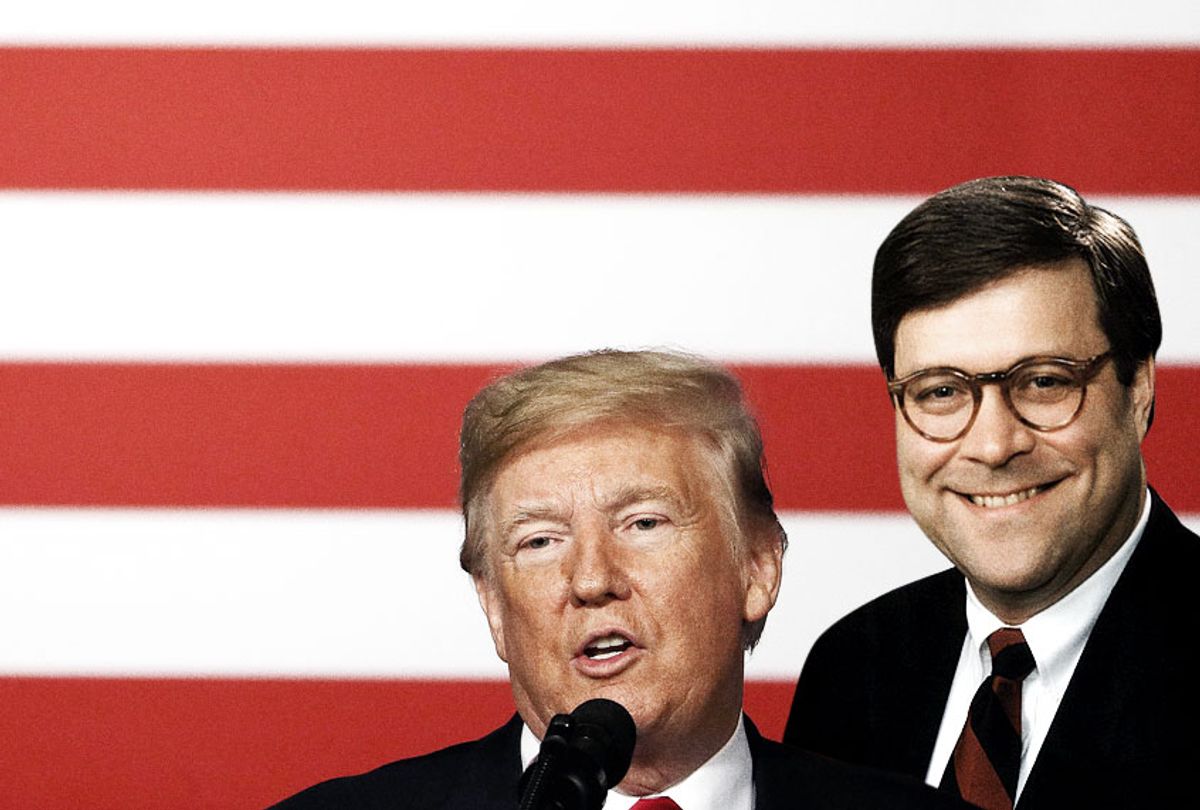In a detailed and compelling report published Wednesday, Politico reporter Natasha Bertrand revealed that the Justice Department inspector general is likely to criticize Christopher Steele, the author of the famous and salacious Trump-Russia dossier.
Michael Horowitz has been working on the report as a part of the probe of the origins of the Russia investigation. The dossier, which alleged that the Kremlin had considerable influence over Trump and his allies in the run-up to the 2016 election before the existence of the FBI’s probe was confirmed, has been a major source of consternation among Trump defenders.
While conservatives have tried to claim that the Russia investigation had shady beginnings with the FBI relying on Steele, a former British intelligence officer, public reporting has revealed that the investigators began prior to the bureau’s receiving information from the dossier. And though investigators may have used Steele’s work, in part, to justify covert surveillance of Carter Page, a one-time Trump campaign staffer, there’s little that is suspicious about this — the purpose of surveillance is often to prove or disprove unconfirmed allegations.
And, despite all the hand-wringing about the Page surveillance, Bertrand makes clear: He was on the FBI’s radar for suspicious contacts with Russians as early as 2013, and he was placed under surveillance after he left the Trump campaign.
Further, she points out that Steele’s information about Page doesn’t appear to be entirely erroneous:
Steele’s defenders also note that the information he provided which made it into the FISA warrant application to monitor Page was not far off. According to Steele’s sources, Page met with high-level Russian officials while in Moscow in July 2016, including the CEO of Russia’s state-owned oil giant Rosneft. Page denied the claim publicly until pressed under oath by lawmakers in 2017, when he acknowledged meeting “senior members of the presidential administration” during his trip, as well as the head of investor relations at Rosneft. Page had originally claimed only that he went to Moscow to give the commencement address at the New Economic School.
Nevertheless, Bertrand noted, “Horowitz’s probe also appears set to cast doubt on the veracity of the information Steele provided about Page that the FBI included in its application for a FISA warrant” — a finding that would surely be seized upon by defenders of the president.
She also suggested that, despite an unfamiliarity with the subject matter, Horowitz appears to have his mind made up about at least some of his conclusions:
Former U.S. officials interviewed by the inspector general were skeptical about the quality of his probe. They emphasized to Horowitz that information in a warrant application need not be wholly verified, as long as the reliability of the source of the information is disclosed to the court, which the FBI did in the Page FISA case with regard to Steele. But the inspector general seemed neither well-versed in the FISA process nor receptive to the explanations, the officials said.




Shares